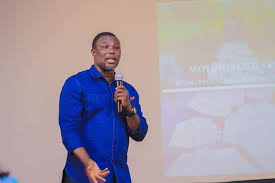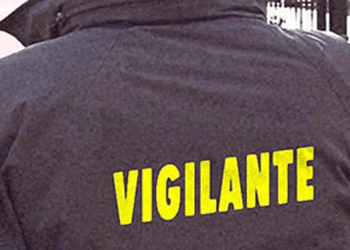The President of the Federation of Associations of Ghanaian Exporters (FAGE), Davies Narh Korboe, has called for a shift in government policy from direct investment in agriculture to encouraging private sector leadership.
Speaking on the current state of agricultural development and food security under President John Dramani Mahama’s administration, Korboe stressed the urgent need for structured stakeholder engagement to secure sustainable growth.
“For me, I think that the government should rather encourage the private sector to take agriculture seriously instead of them investing in it”
Davies Narh Korboe, President of the FAGE
Korboe emphasized that while government agricultural programs are commendable, their execution often falls short because of ineffective targeting and poor stakeholder involvement.
He acknowledged the existence of several initiatives, including fertilizer subsidy programs, but questioned their impact on the intended beneficiaries. Korboe warned that without the right partnerships, even the best programs could falter.
“Because if you do fertilizer subsidy and the fertilizer doesn’t get to the right people, it becomes a problem”
Davies Narh Korboe, President of the FAGE
Beyond government-led initiatives, Korboe stressed the importance of involving agricultural associations in policymaking, not merely listing them on official documents.
“There should be a proper stakeholder engagement on agriculture,” he urged, proposing a broad-based dialogue involving all players in the sector to examine past challenges and chart a sustainable future for Ghanaian agriculture.

According to Korboe, key areas needing urgent discussion include irrigation, technical extension services, marketing, aggregation issues, and land availability.
He suggested that a collaborative approach would foster more realistic and impactful agricultural policies.
Reviewing Initiatives
While praising President Mahama’s agricultural projects, Korboe reiterated the need for consistent consultations with stakeholders at every stage of the project lifecycle.
“I know the current government is doing ‘nkoko nkitinkiti’ – fantastic idea, but I still think that we should have a stakeholder engagement irrespective of them starting”
Davies Narh Korboe, President of the FAGE
Korboe also emphasized that stakeholder dialogue must be maintained even after project rollouts to allow for real-time assessment, adjustments, and improvement.
Turning to specific agricultural products, he cited the ongoing importation of tomatoes and onions as glaring examples of missed opportunities.
“For instance, we are importing tomatoes. Is it not right for us to be able to change the dynamics to produce our own tomatoes?” he queried.
He called for strategic national planning to identify suitable crop varieties and appropriate geographic zones to boost local production and reduce imports.

Korboe highlighted that developing the right varieties for local conditions and ensuring value addition could greatly enhance Ghana’s agricultural exports.
“For export, where is the market? What are the demands?” he asked pointedly, stressing the importance of understanding market demands and aligning production to meet them.
He proposed that value-added products be prioritized and investments be channeled efficiently to areas with proven demand potential, ensuring that funds are not wasted on non-viable ventures.
Optimism Re-awakened
Reflecting on recent engagements, Korboe expressed optimism about the potential for positive change. He cited the recent Kwahu Business Forum as a platform that demonstrated the willingness of stakeholders to collaborate and innovate.
“I was very happy when I went there,” he shared.
Despite the challenges facing the agricultural sector, Korboe’s message was clear: meaningful growth in Ghana’s agriculture will depend heavily on empowering the private sector, fostering strong partnerships, and pursuing strategic, data-driven policies.
With the current government seeking to position Ghana as a self-sufficient and export-ready nation, the path outlined by Korboe offers a viable blueprint for achieving those goals.
READ MORE: Ghanaians Vent Frustration Over Renewed Power Outages



















